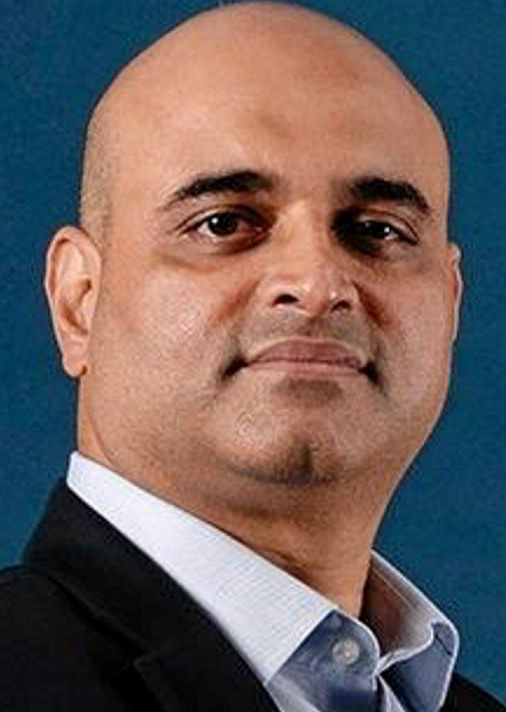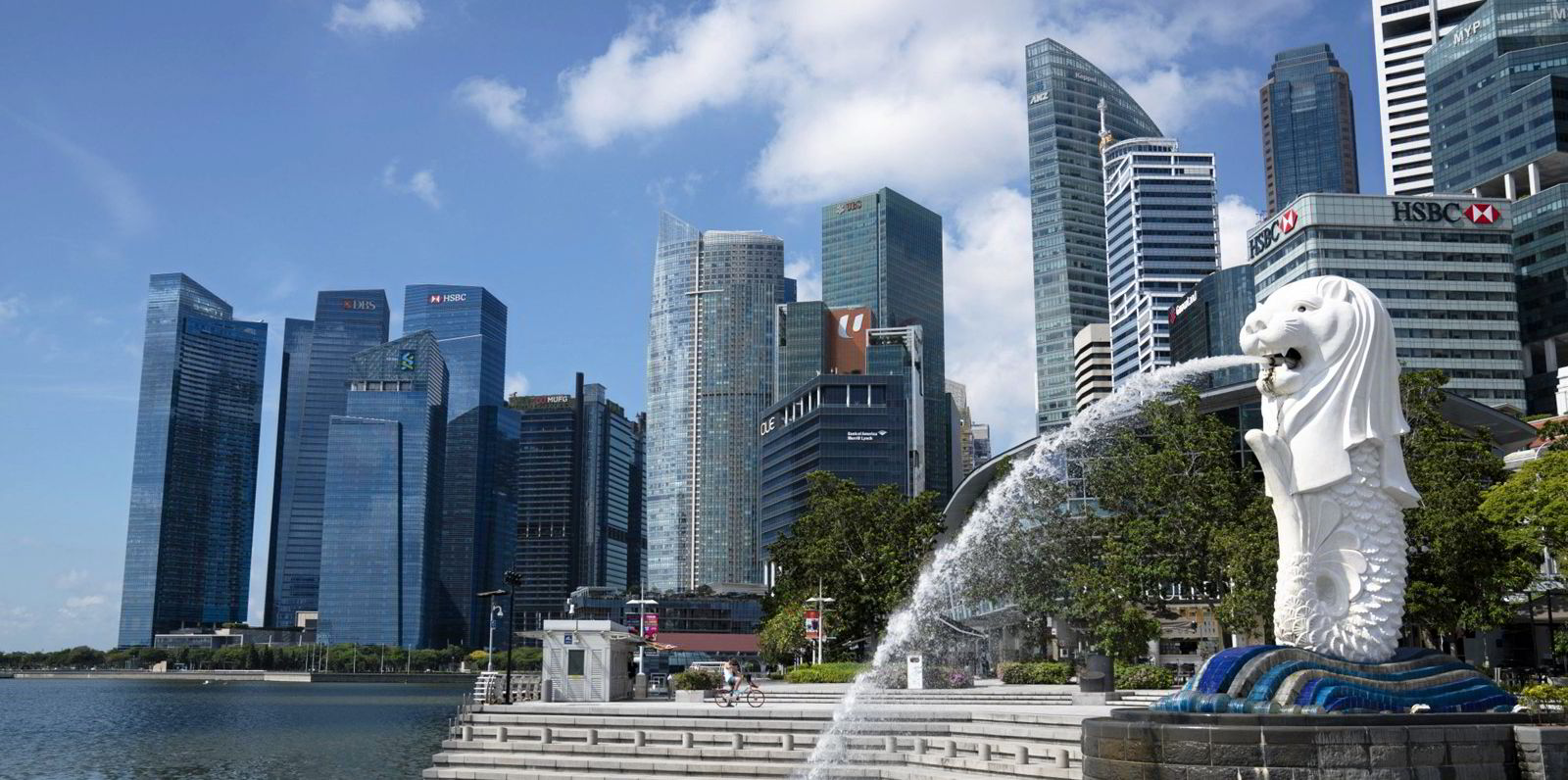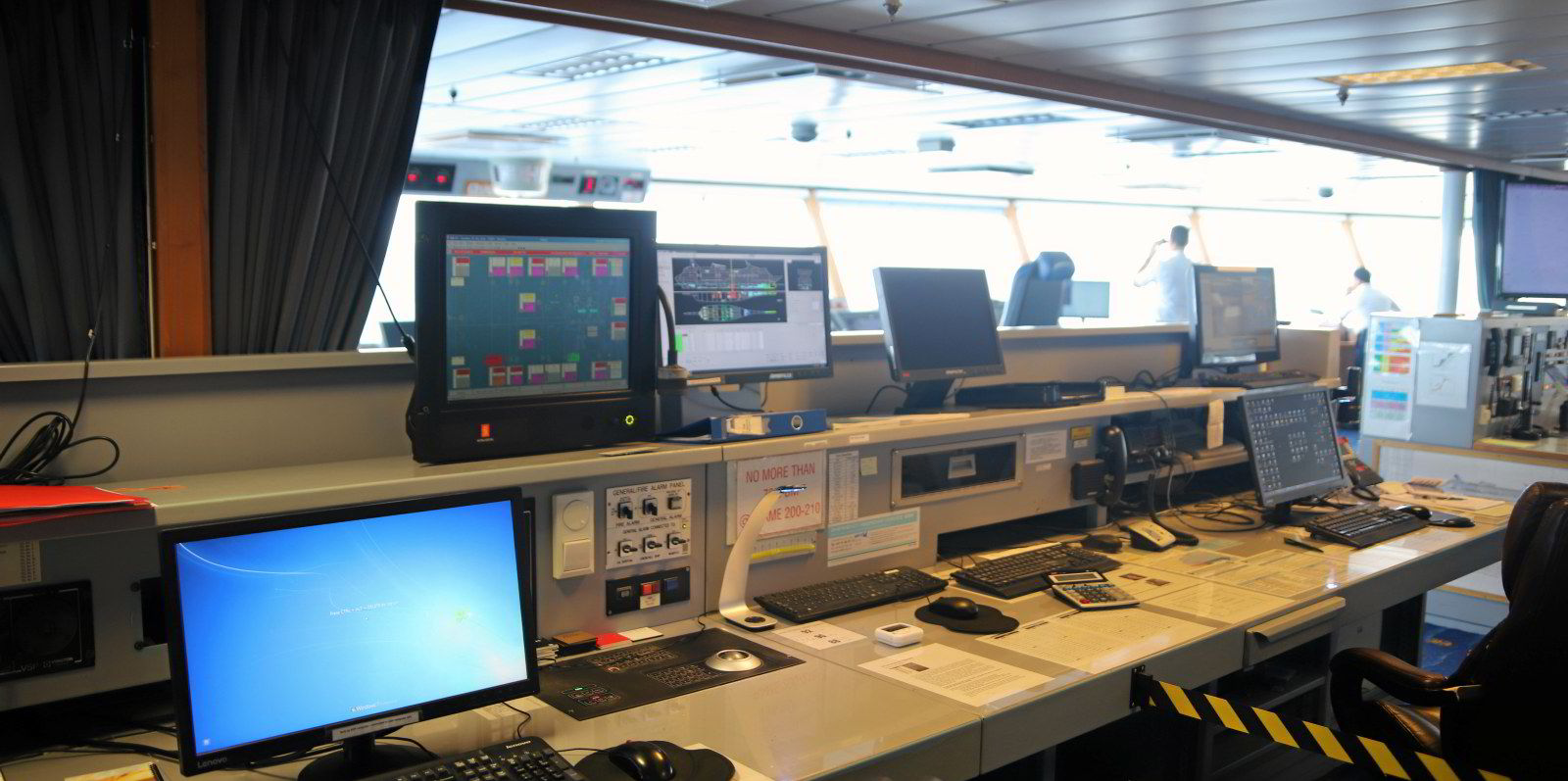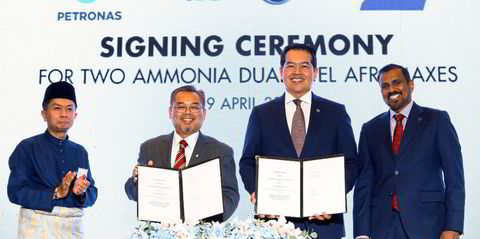Covid-19 has accelerated digitalisation in the maritime industry. Compared with the rate of change in previous years, advancements have been lightning-fast.
Such change poses challenges. In legal circles, questions are being raised as to whether maritime law can keep up.
Singapore has just passed the Electronic Transactions (Amendment) Act 2021 to adopt most of the United Nations Commission on International Trade Law (UNCITRAL) Model Law on Electronic Transferable Records (ETR).
The act enables the creation and use of electronic forms of transferable records, such as electronic bills of lading (eBLs), a functional equivalent of a paper-based bill that serves as a receipt of goods carried, evidence of a contract of carriage and a document of title.
Compared with paper bills, eBLs come with tangible benefits.
Transmission of documents is instant and cuts the time and cost of verifying them.
A paper bill of lading is often not delivered to the consignee, as a cargo may be sold multiple times during carriage. As a result, the ship discharges a cargo by accepting a letter of indemnity.
But that comes with a significant risk.
Frequent vessel arrests over misdelivered cargo claims lodged after the collapse of oil traders in 2020 highlighted how worthless a letter of indemnity is when its issuer has gone bust.
Using an eBL would resolve the problem, as the transfer of the eBL is instantaneous and will never be later than the arrival of the goods.
Singapore has adopted ETR legislation, but the only other jurisdictions to enact the ETR law are Bahrain and the Abu Dhabi Global Market free zone.

Elsewhere, the legal status of eBLs remains unclear.
Navinder Singh, head of admiralty and shipping at Singapore law firm KSCGP Juris, said eBLs come with their own issues, including whether their validity will be affected when transiting from a country that recognises them to one that does not.
“It is unclear how effective an eBL would be in a court outside of a country that recognises eBLs. For worldwide legal and dispute resolution frameworks to be ready for eBLs, more countries have to implement legislation to support electronic transferable records,” he told TradeWinds.
“Most countries do not recognise eBLs and will give preference to a paper-based bill of lading should there be a competing claim between a holder of an eBL and a holder of a paper-based bill of lading.
“For eBLs to truly be effective, more governments have to adopt the ETR into national legislation. Its effectiveness is hindered by the lack of global legislation supporting such use,” said Singh, who noted that an important maritime nation such as Singapore adopting the ETR is a step in the right direction.
Courts in Singapore and other jurisdictions have yet to be asked to consider the legitimacy of eBLs traded in an electronic trading system.
“Digitalisation and its resulting solutions are still untested territory,” said Punit Oza, executive director of the Singapore Chamber of Maritime Arbitration.

Oza, who holds a law degree and whose background is in the commercial side of shipping, said that as the “new normal” sinks in and the dependence on and use of digital solutions increase, disputes are bound to arise due to a mismatch of results from expectations or contractual promises.
“This is not going to be a simple ‘breach of contract’ issue but will require a holistic understanding of the issues involved [to] resolve such disputes. This will most likely require considerable support from expert witnesses, which can be quite expensive for the parties,” he said.
“What will certainly be more effective is to have commercial and technical experts acting as arbitrators and forming a part of the tribunal. The key, therefore, is to equip such experts with knowledge of maritime law, arbitration law and award-writing skills.”
“Digitalisation in [the] maritime industry will continue, and it is important that the maritime arbitration centres around the world adapt to this changed reality and cater for it.”







